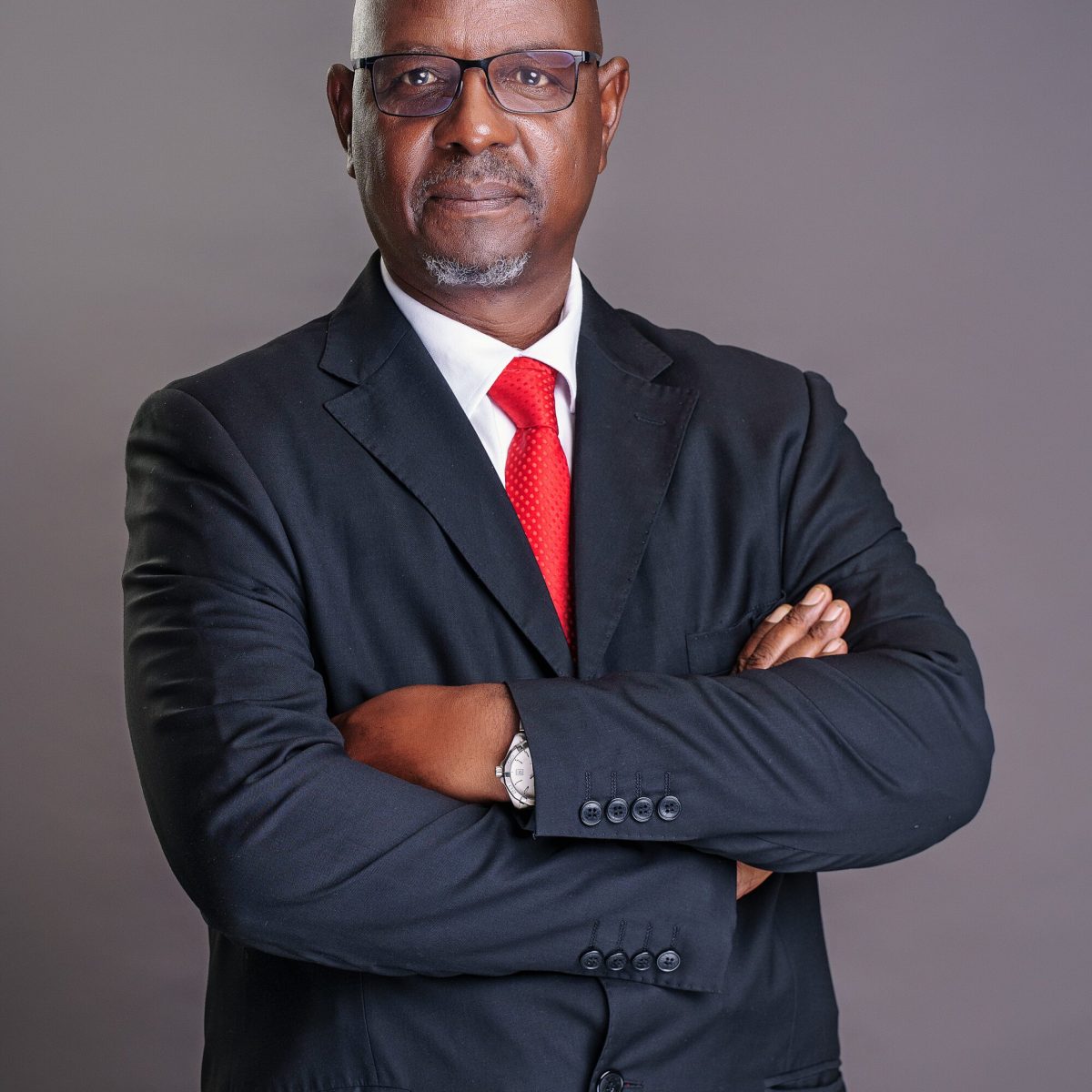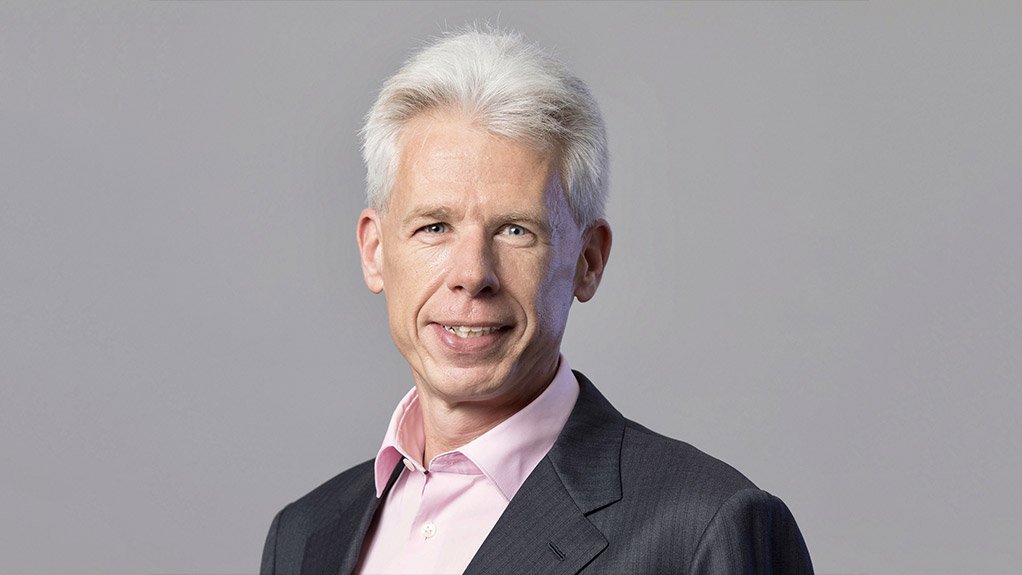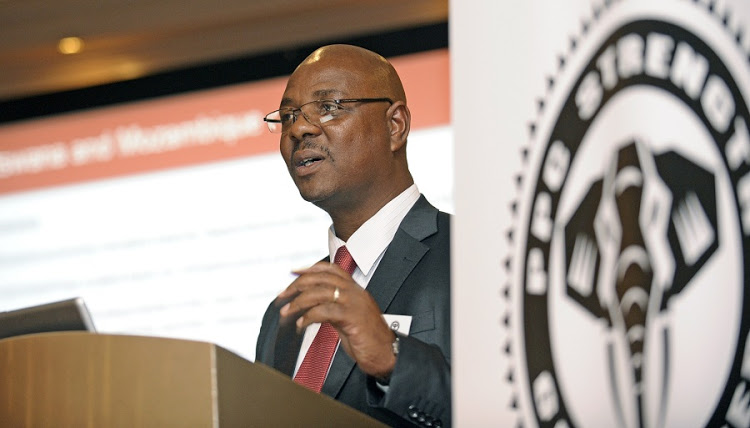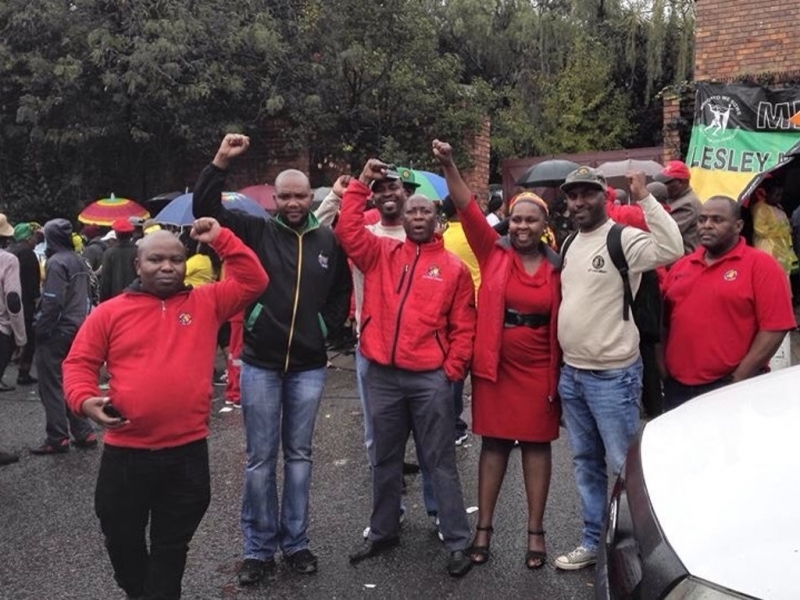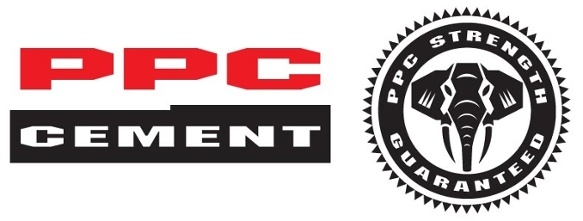

Zimbabwe, Rwanda and Ethiopia provide relief and cement maker strengthens balance sheet PPC’s JV factory in the Democratic Republic of Congo has been a big drag on group results for the year ended March 2018, making up nearly half the company’s losses.
SA’s moribund major construction sector did not help. Revenues from the main South African cement market fell marginally in the period. Meanwhile, high taxes, the soaring cost of sales, forex losses elsewhere in Africa and heavy impairments helped SA’s largest cement producer to increase its total comprehensive loss to R561m in the year from R496m in financial 2017.
Group administration and other operating expenditure rose 28% to R1.34bn in the period, affected by corporate action, restructuring, separation costs and other nonrecurring costs. The high group tax rate of 68%, excluding the effect of equity-accounted earnings, was mainly due to the non-deductibility of some abnormal costs, including impairments, and tax penalties in Zimbabwe. The rate in future should be 30%-35%.
“There is a lot of noise in the results,” PPC chief financial officer Tryphosa Ramano said on Monday. This included five months of results from the DRC business and three months of revenues from the 38%-held Ethiopian plant, both of which were included in accounting for the first time.
The group recognised a R165m impairment of the 69%-owned DRC plant in the period, due to it “not operating as expected” after being commissioned from November 2017 due to political and economic uncertainty caused by delayed elections.
The plant contributed a net attributable loss of R264m to PPC’s overall result. Group net cash flow improved 69% to R1.4bn, as cash generated from operations after working capital rose 23% to R2.3bn in the year. This came as PPC’s rest of Africa operations in Zimbabwe, Rwanda and Ethiopia kicked in.
“PPC’s balance sheet is in a significantly stronger position than it was two years ago. Importantly, the period of elevated capital expenditure is complete as the new operations outside of SA have now been commissioned,” Kagiso Asset Management analyst Meyrick Barker said.
“This allows PPC to devote a larger portion of its operational cash flows to paying down debt, and ultimately to resume dividend payments to shareholders. One area of concern that remains is that it continues to be difficult to repatriate cash from some of PPC’s operations outside of SA.” Barker also said “the risk persists that further write-downs will be required” in the DRC in future.
“Capacity in the area significantly exceeds demand, making it very difficult to achieve the capacity utilisation levels the project requires to make it economically feasible.”
PPC said it had made significant progress in improving its liquidity and strengthening the balance sheet by restructuring South African debt, reducing interest rate costs and negotiating a two-year capital holiday for DRC project funding.
Group revenue rose 7% to a record R10.3bn, with Southern Africa earnings before interest, tax, depreciation and amortisation margins at 22% in tough markets. Basic earnings per share rose 25% to 10c a share as headline earnings per share jumped 114% to 15c per share.
PPC CEO Johan Claassen said the group might sell equity in the DRC plant in future to its Chinese equipment supplier Sinoma, despite revenue in the country growing from R24m in financial 2017 to R144m in 2018.
However, group net debt was down R900m to R3.8bn as overall capital expenditure fell
More news
- PART 2: CONCRETE IN THE DESIGN OF A UNIQUE LUXURY HOME IN GEORGE, SOUTH AFRICA
- PART 1: CONCRETE IN THE DESIGN OF A UNIQUE LUXURY HOME IN GEORGE, SOUTH AFRICA
- MVULE GARDENS, AFRICA’S LARGEST 3D-PRINTED AFFORDABLE HOUSING PROJECT
- PART 3: HARNESSING THE POTENTIAL OF HIGH SULPHUR FLY ASH IN CONCRETE PRODUCTION
- PART 2: HARNESSING THE POTENTIAL OF HIGH SULPHUR FLY ASH IN CONCRETE PRODUCTION

